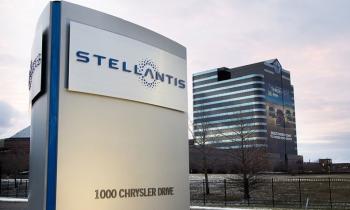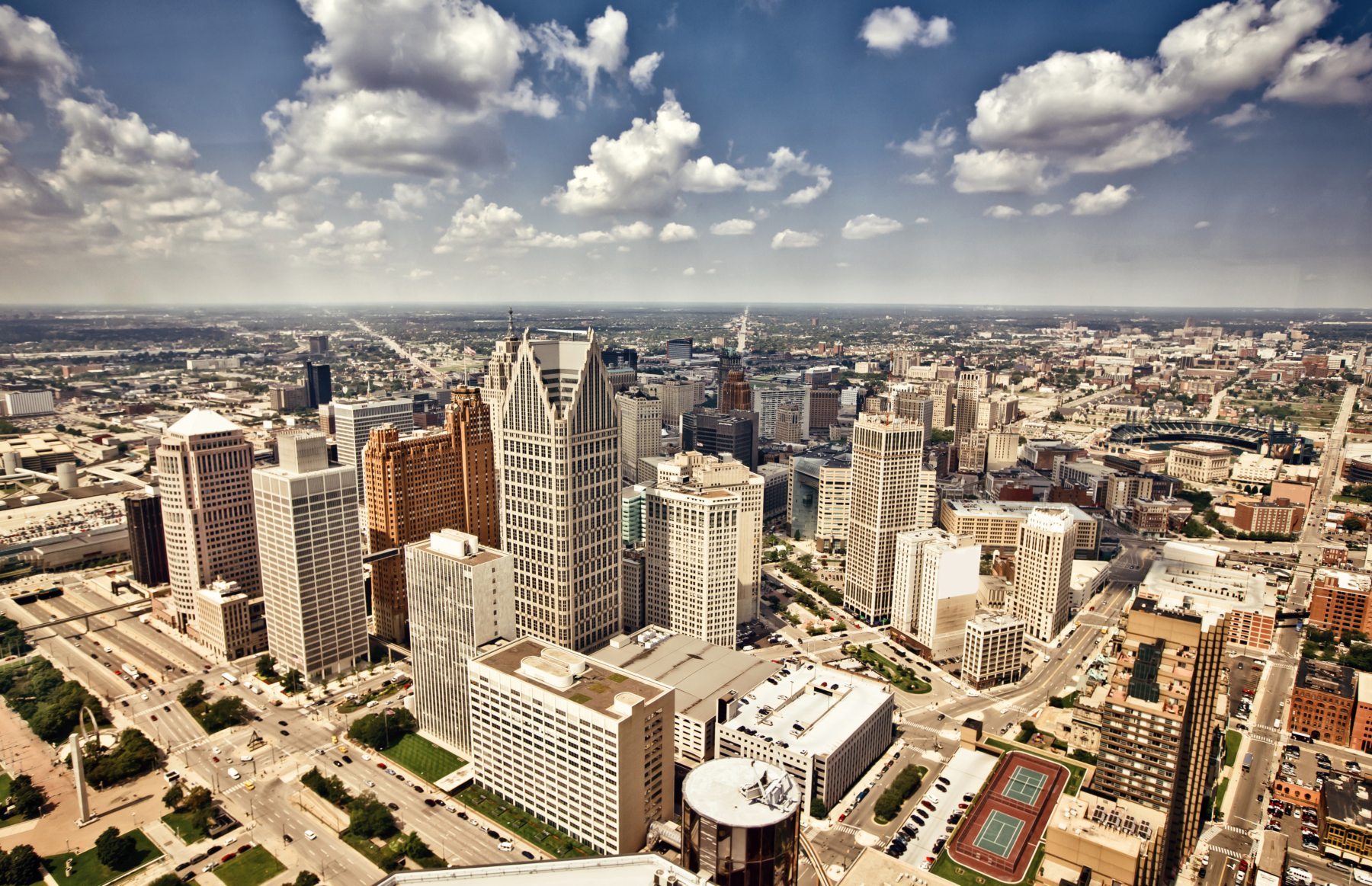
According to the latest figures released by the Detroit government, the city's unemployment rate plummeted to 4.2% in April, marking the lowest level in over three decades. The latest data highlights a significant turnaround in the job market, reflecting the resilience and determination of the city's workforce to rebuild and prosper.
This substantial decrease in unemployment mark a sharp recovery from the economic challenges faced by the city in recent decades. Detroit, once known as the manufacturing hub of the nation, has weathered significant setbacks, including the decline of the automotive industry and the financial crisis. However, these latest statistics signify a revival of the city's economy.
Several factors have contributed to the significant decline in Detroit's unemployment rate. The first is the resurgence of the automotive sector. As the industry adapts to new technologies and increased demand for electric vehicles, Detroit has positioned itself as a leader in this evolving market. The renaissance of the automotive industry has sparked job creation, attracting investments and providing opportunities for skilled workers in the city. In particular, major employers coming to Detroit in recent years, including the new Stellantis assembly plant, GM Factory Zero, Ford’s Michigan Central, and Amazon, have played a tremendous role in the creation of over 13,000 new permanent jobs in the city.
Additionally, Detroit's diversification efforts have played a vital role in reducing unemployment. The city has witnessed growth in sectors such as healthcare, technology, and creative industries. Initiatives to attract startups and entrepreneurs have flourished, generating new employment opportunities and fostering innovation. District Detroit will begin construction later this year on the first phase of a $1.5 billion 10-building development, which will create over 10,000 new construction jobs as well as 6,000 permanent jobs. By cultivating a more diversified economy, Detroit has become less dependent on a single industry, making it more resilient to economic fluctuations.
The decline in unemployment is also a result of robust government support and community-driven initiatives. Public-private partnerships have played a crucial role in creating a conducive environment for businesses to thrive. The local government has implemented various programs to support entrepreneurship, job training, and access to capital, enabling individuals to establish successful ventures and create employment opportunities. Moreover, community organizations and nonprofits have actively engaged in workforce development and job placement programs. These initiatives have helped bridge the skills gap, particularly among disadvantaged communities, by providing training, mentorship, and resources to enhance employability.
In fact, later this year, Detroit will also see the construction of the $300 million UM Center for Innovation and new employment center at the former AMC Headquarters are also expected to break ground this year. The collaboration between the public and private sectors, along with community involvement, has contributed to the overall economic growth and reduced unemployment in the city.
This decline in the unemployment rate holds significant implications for Detroit's overall economic health. As more residents secure stable employment, consumer spending power increases, stimulating local businesses and driving economic growth. The positive momentum generated by the declining unemployment rate can attract further investments, leading to a virtuous cycle of job creation and prosperity.
Moreover, the lower unemployment rate indicates an improved quality of life for Detroit residents. Secure employment provides financial stability, enhances access to healthcare, improves educational opportunities, and contributes to safer neighborhoods. These positive social outcomes are crucial for the long-term revitalization and sustainability of the city. By nurturing a thriving entrepreneurial ecosystem, Detroit can continue to foster innovation, create more job opportunities, and further diversify its economy.

